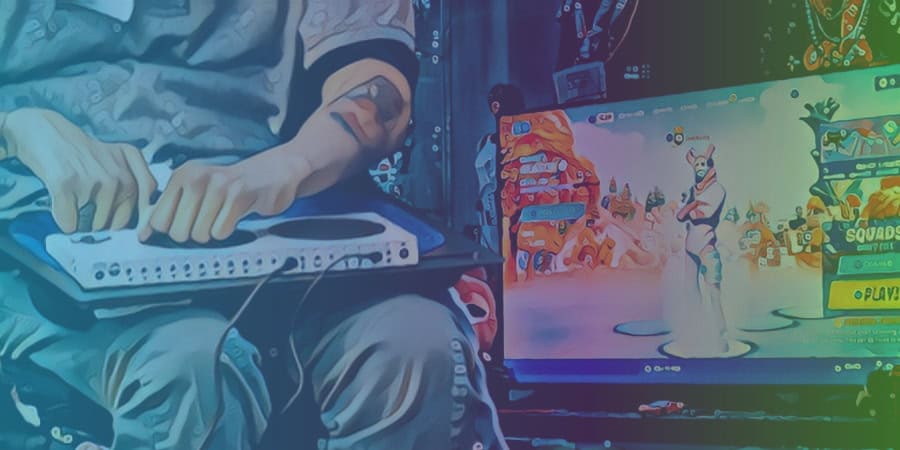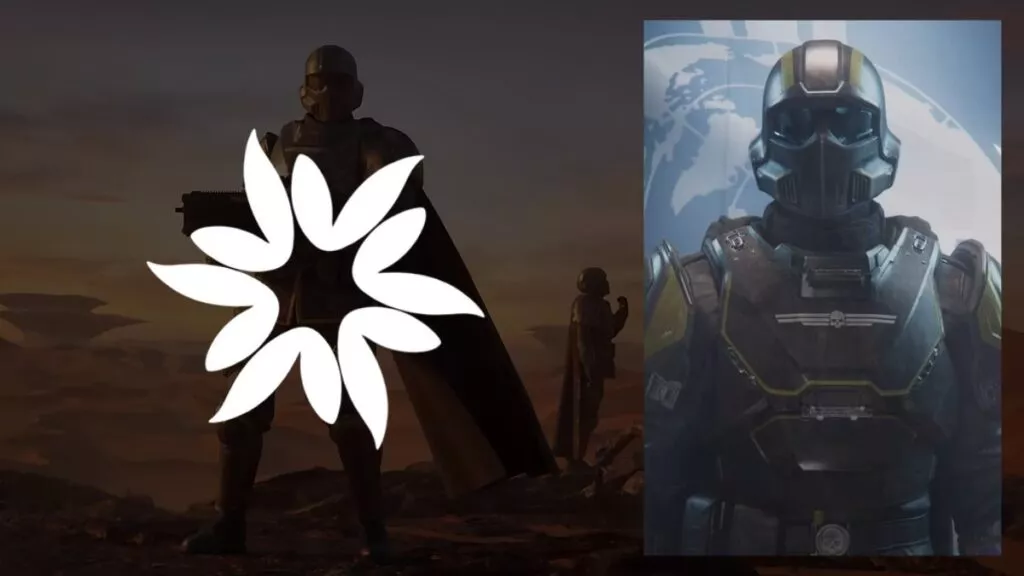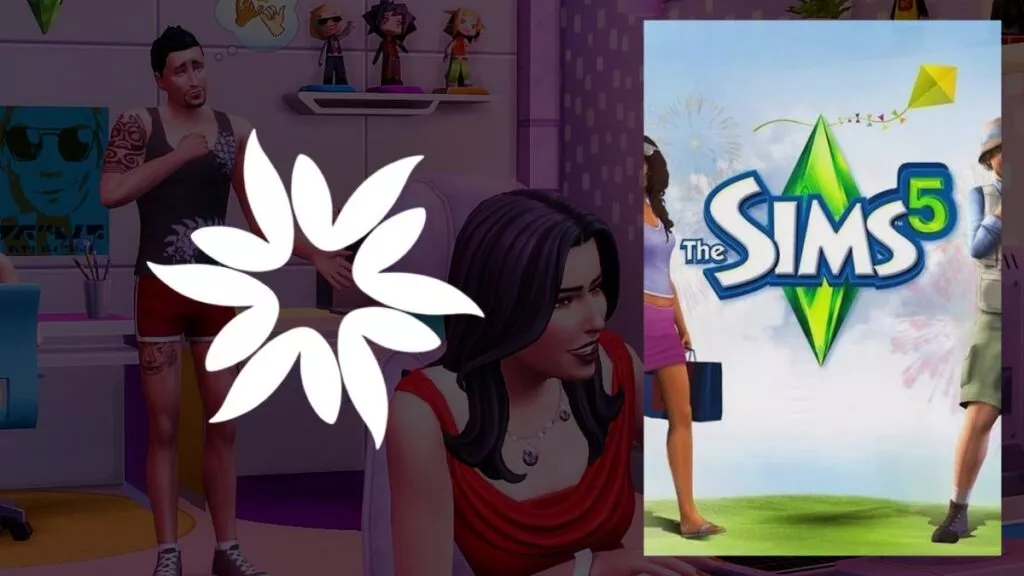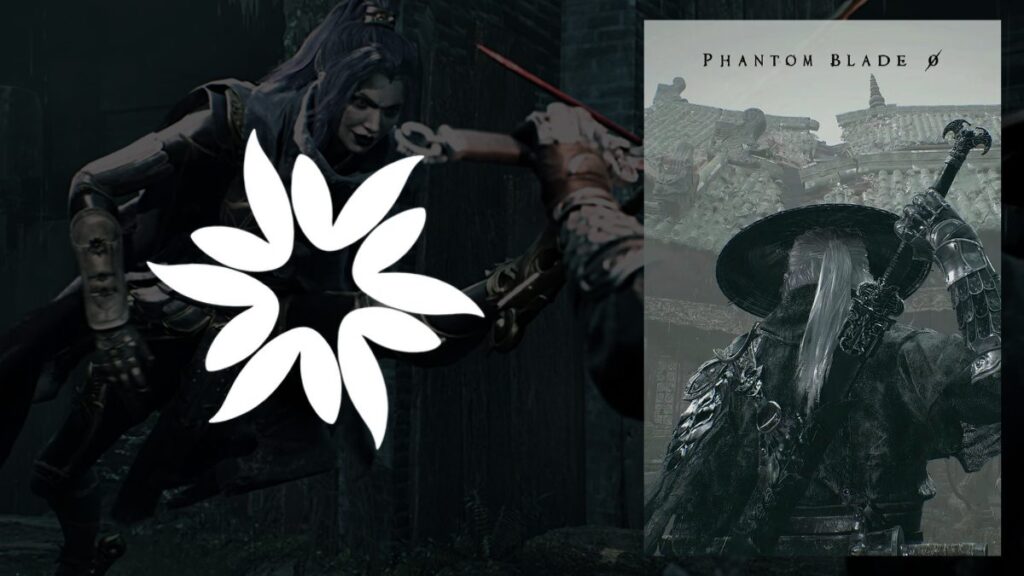Key Takeaways
- Accessibility has become a top priority for both indie and AAA game developers, as the gaming community becomes increasingly aware of the importance of creating inclusive gaming experiences for all.
- Elliot Dodsworth's development of "Fortune is Blind" and the recent rise of accessible features in games, such as The Last of Us Part II and God of War Ragnarök, showcases a growing movement towards creating games that are accessible to visually impaired players.
- Inclusive gaming experiences require not only accessible features but also sound design that caters to the needs of visually impaired players, and it's essential to involve blind and low-vision players in the development process to ensure games are genuinely accessible.
- While there has been significant progress in accessible gaming, there is still a need for standardization across the industry and continued efforts to create more inclusive gaming experiences for all players.
- With increased efforts from major players in the industry and passionate developers, the future of accessible gaming is bright, and the gaming community will continue to grow and thrive as more games become accessible to a wider audience.
Accessible gaming is gaining momentum, with more and more game developers focusing on creating inclusive gaming experiences for all.
It’s a growing movement inspired by personal stories and motivated by an estimated 253 million visually impaired people worldwide, with tens of millions of them being gamers.
As the gaming industry progresses, accessibility has become a top priority for both indie and AAA developers.
Inspiration Behind Accessible Game Design
Elliot Dodsworth, a game designer, and developer were driven to create accessible games by his blind father. Dodsworth’s father had always shown interest in his creations but had never been able to experience them firsthand.
To address this, Dodsworth developed Fortune is Blind as part of his final major project at Falmouth University’s Indie Game Development Masters program.
This mobile game, described as a “fully accessible binaural AR action-adventure,” incorporates haptic and auditory feedback to accommodate visually impaired players.
The Rise of Accessibility in Video Games
As the gaming community becomes increasingly aware of the importance of accessibility, more developers are incorporating features that cater to blind and low-vision players.
For instance, The Last of Us Part II was the first AAA game to offer a fully blind-accessible gaming experience, complete with combat assistance, sound cues, navigation assistance, and text-to-speech functionality.
Audio description in The Last of Us Part I was also considered groundbreaking, as it significantly improved the gaming experience for blind and visually impaired players.
Other games like God of War Ragnarök are following suit, implementing smart navigation tools and audio cues to accommodate the needs of these gamers.
The Importance of Diverse Sound Design
Inclusive gaming experiences require not only accessible features but also sound design that caters to the needs of visually impaired players.
Unique and distinct sounds can greatly enhance the gaming experience for both blind and sighted players.
Developers are encouraged to prioritize variation in sound design to create more accessible games.
It’s a growing movement inspired by personal stories and motivated by an estimated 253 million visually impaired people worldwide, with tens of millions of them being gamers.

Accessibility Settings and Standardization
Many games now offer accessibility settings at the beginning of the game to ensure players can easily access them.
However, there is still a need for standardization across the industry, as accessibility features vary greatly between games, studios, and consoles.
Drawing inspiration from web development accessibility standards, such as Web Content Accessibility Guidelines (WCAG) and WAI-ARIA, could lead to more consistent accessibility features across the board.
The Role of Community and Advocacy
The gaming community plays a crucial role in driving accessibility forward. It’s essential to involve blind and low-vision players in the development process as consultants and testers to ensure games are genuinely accessible.
Developers are encouraged to include more accessibility champions at higher levels within studios to make core decisions throughout the development cycle.
Looking Ahead: The Future of Accessible Gaming
The recent progress in accessible gaming is promising, with large, fully accessible releases becoming increasingly common.
As more studios prioritize accessibility, it’s important to remember that this journey is an ongoing process, and each effort contributes to future advancements.
By continuing to learn from the community and incorporating player feedback, developers can create more inclusive gaming experiences for all.
In Conclusion
While the gaming industry has made significant strides in accessibility, there is still much work to be done. With passionate developers like Elliot Dodsworth and increased efforts from Microsoft, Sony, and other major players, the future of accessible gaming is indeed bright.
As more games become accessible to a wider audience, the gaming community will continue to grow and thrive.








